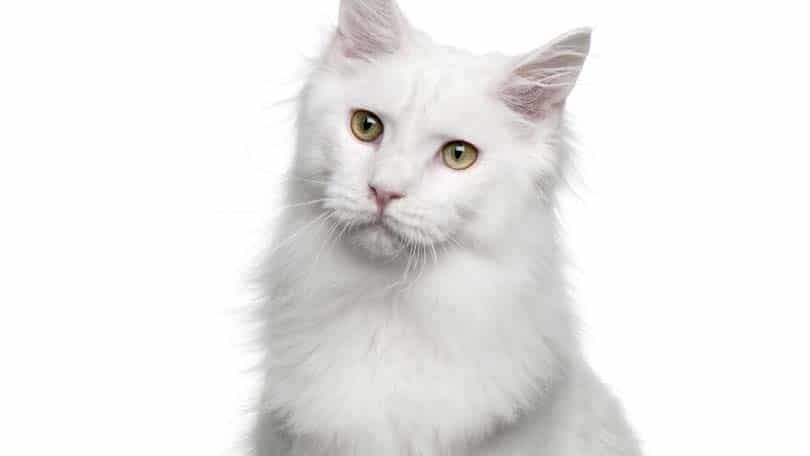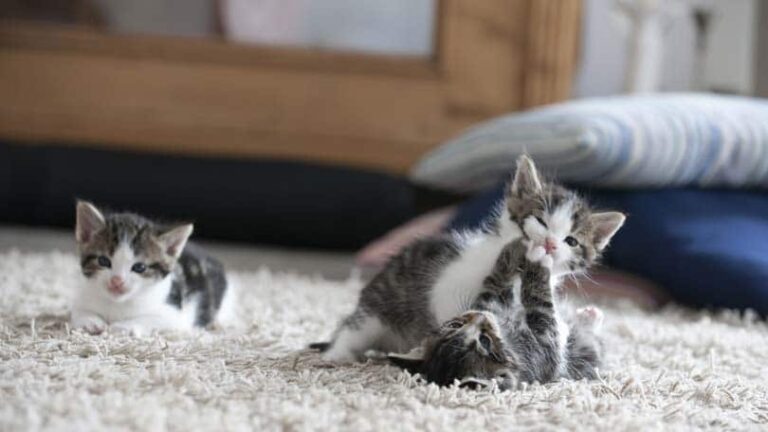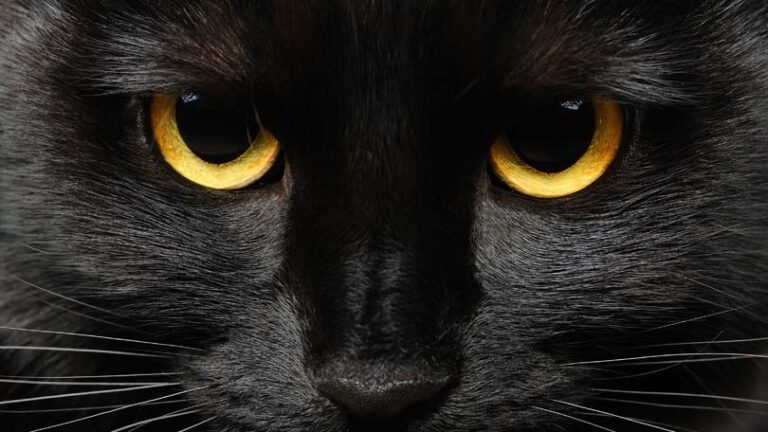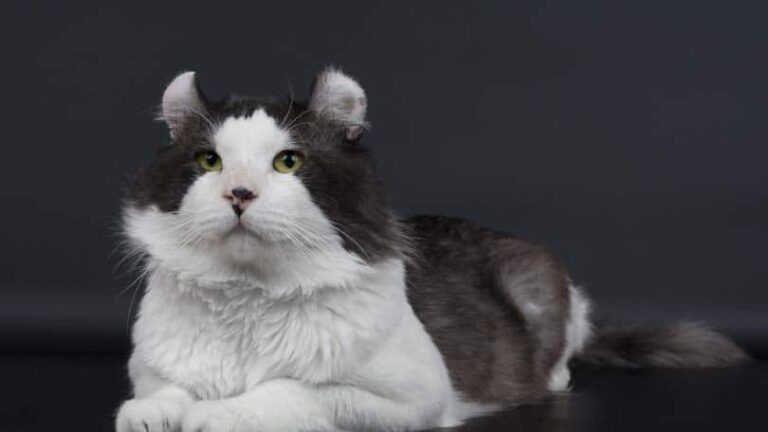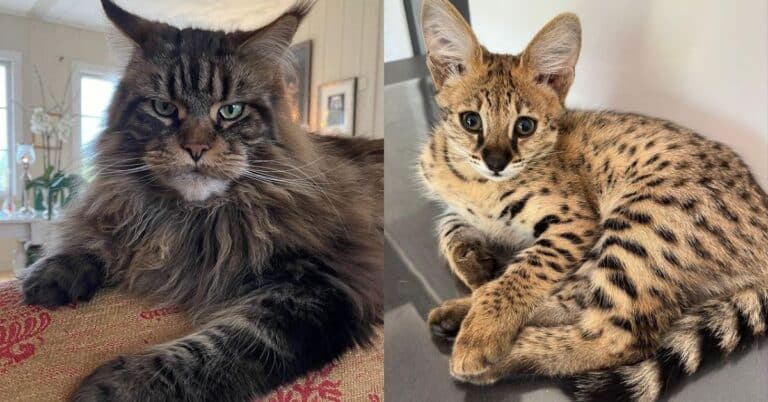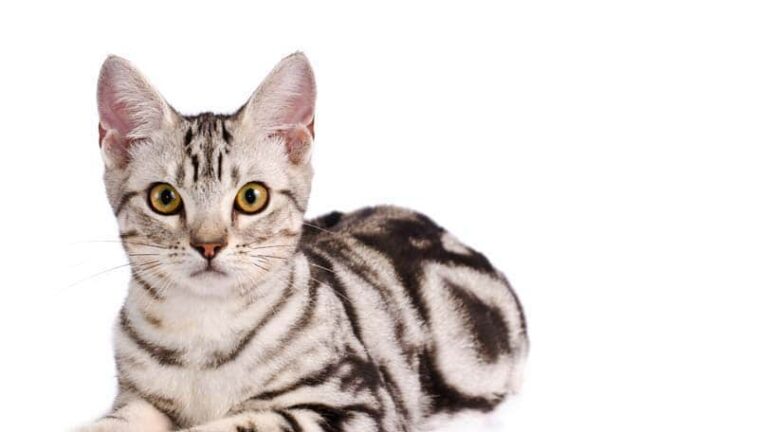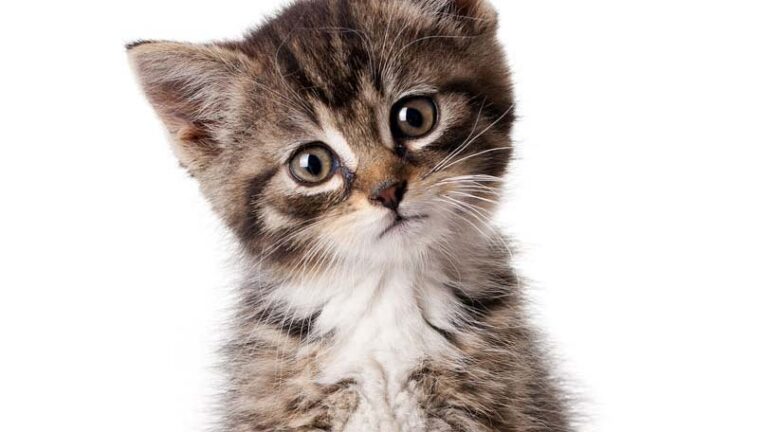Helping Your Cat in its Autumn Years
Just like us, aging cats can succumb to all manner of aches, pains, and ailments. Looking back now, I now realize my parents’ Russian Blue was not just an over-the-hill cat. Five years ago, I remember its aimless wonderings in the garden, the sad look on its face, and the endless snoozing on the sofa.
All these symptoms were part of the natural aging process, right? Not quite.
In hindsight, I now wonder if Poppy (or Pops as my mum and dad called him) may have been suffering from dementia, a condition that’s reportedly quite common in cats. His condition was also accompanied by arthritis, one of the most common reasons for pet insurance claims in aging pets. And, according to University of Edinburgh researchers, the condition can occur in one in every 10 cats.
Spot the signs:
- Dementia can leave cats confused, distressed, and disorientated.
- Cats may find it difficult to locate their food bowl or forget they have just eaten, asking for more food.
- Loud crying may mean a cat becomes especially demanding at night.
- Cats with dementia can become more aggressive or attention-seeking.
- They may be much less eager to play games and will choose to doze instead.
- They may also be found wandering aimlessly and may groom much less frequently.
How can the symptoms be managed and treated?
It’s easy to feel helpless when your cat is suffering from dementia symptoms, but keeping an eye on your cat and ensuring it’s out of harm’s way can assist in its health and happiness. You can also help by making sure your cat doesn’t eat or drink too much, and that it doesn’t get lost outside. Playing with your cat can promote exercise, while food puzzles, requiring it to figure out how to feed, can stimulate the brain.
Taking out insurance for your cat while it’s still young can also help owners prepare for some of these eventualities as the animal gets into its autumn years.
As with Alzheimer’s disease in humans, dementia in cats cannot yet be cured. However, vets can prescribe treatments which can help to improve a cat’s quality of life. Part of treatment may involve a change in diet and increased mental stimulation, according to Dr. Danièlle A. Gunn-Moore’s research, as published in the Journal of Feline Medicine & Surgery and referenced by the Veterinary Practice News .
Arthritis in cats
Arthritis is another condition associated with aging cats. Being able to recognise the signs of arthritis can allow you to help treat your ailing cat.
Typical symptoms:
- Less activity and more sleep than normal.
- Increased anxiety and restlessness.
- Difficulty finding a comfortable place to rest.
- Show signs of pain and discomfort when handled.
- Difficulty accessing the litter box.
- Less frequent grooming, resulting in an unkempt coat.
- A reduced appetite, causing weight loss.
- Lameness may be present, but it’s often difficult to notice as some are quite good at hiding the symptoms of their pain.
How can arthritis symptoms be managed and treated?
Trying to keep your arthritic cat a healthy weight can help, as excess weight places strain on already painful joints. Monitoring its diet and encouraging regular exercise will help your cat maintain body weight.
Turning back the clock, I now see how some of these measures may have helped to ease or even lengthen Pops’ ripe old age of 13.
Article By: Andy Moore
This guest post was written by Andy Moore on behalf of Money Matters, the Sainsbury’s Bank blog. Though it may include tips and information, it does not constitute advice and should not be used as a basis for any financial decisions. Sainsbury’s Bank accepts no responsibility for the opinions and views of external contributors and the content of external websites included within this post. All information in this post was correct at date of publication.

Having discovered a fondness for insects while pursuing her degree in Biology, Randi Jones was quite bugged to know that people usually dismissed these little creatures as “creepy-crawlies”.

